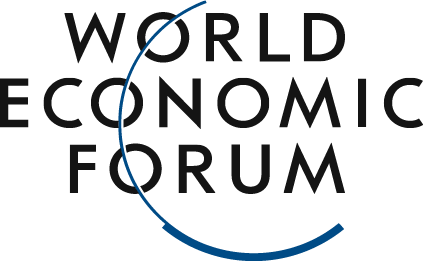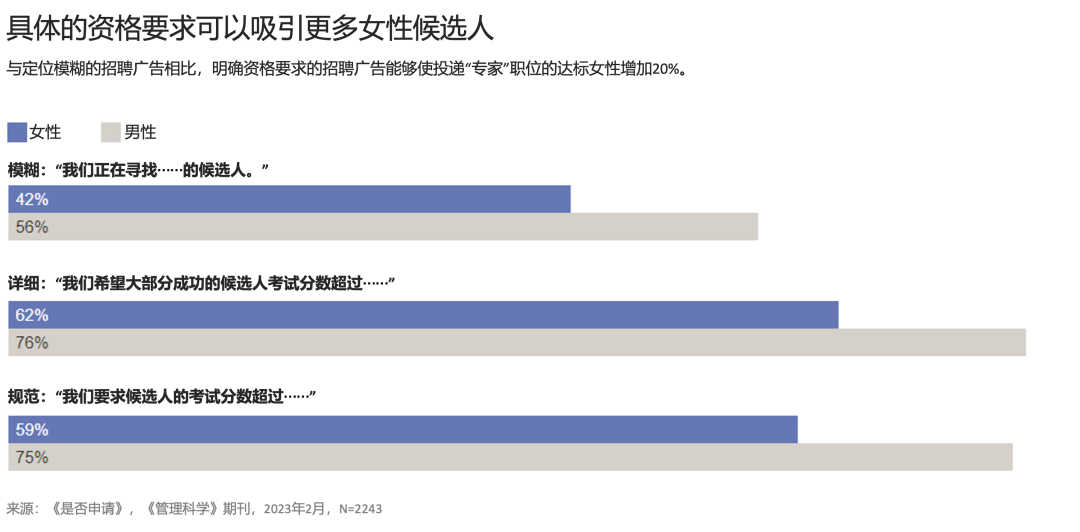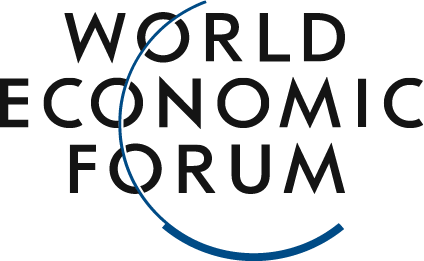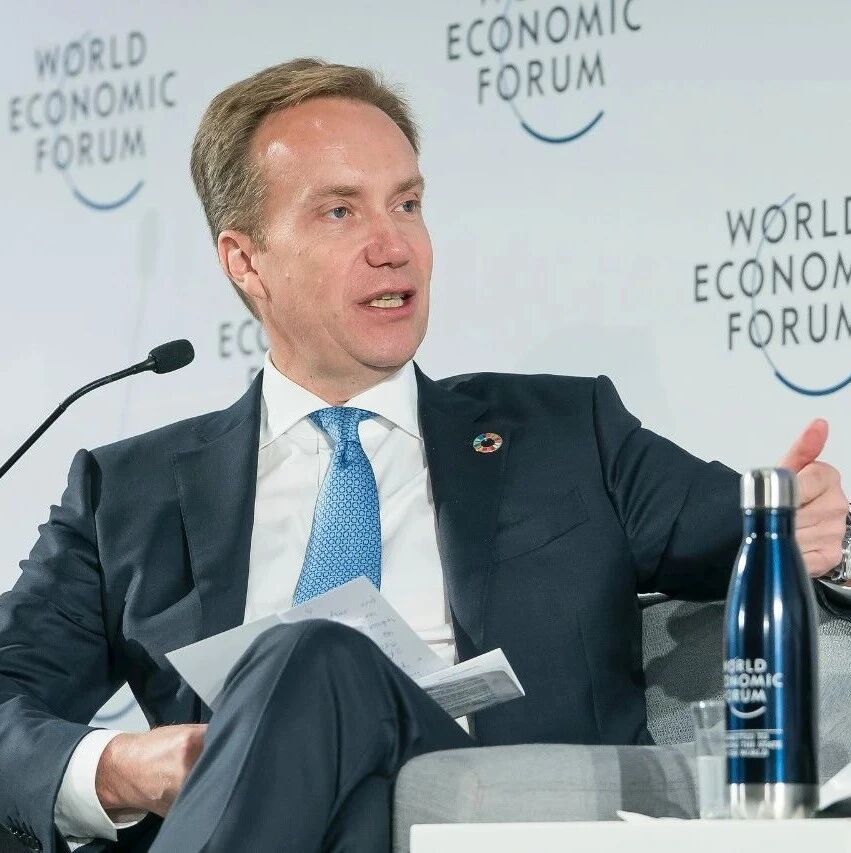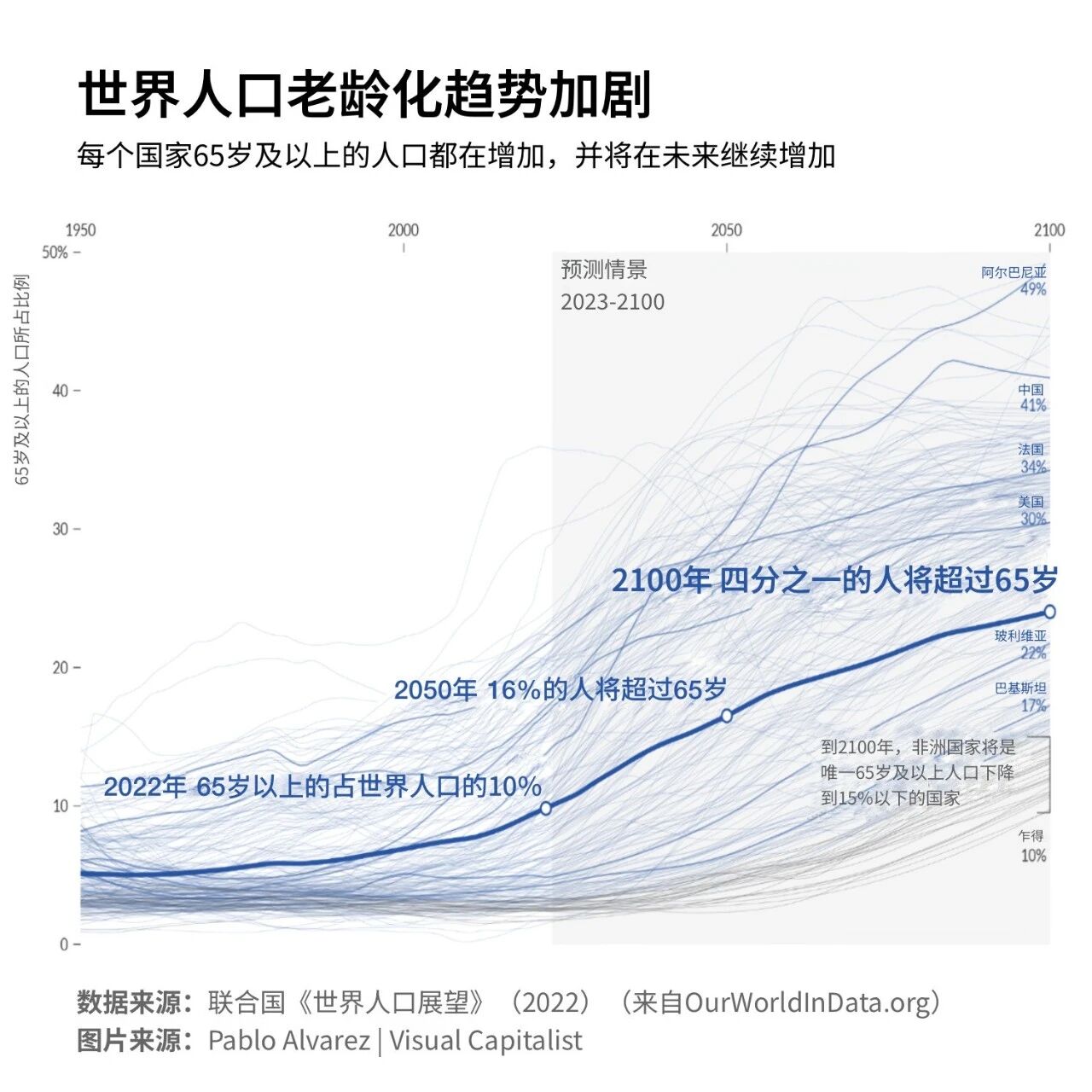It will take another 130 years to close the global gender gap.
Image source: Pexels/Christina Morillo
Kara Baskin
Manuela R. CollisLeena Kulkarni,,,BBC2018Donna Strickland:“,?”To examine how men and women respond to job advertisements, Coffman and her colleagues conducted the first experiment on the freelance platform UpWork. On this platform, job seekers fill out detailed profiles that outline their educational background, certifications, skill-test scores, work experience, and more. The research team acted as potential employers, sending short-term job postings—focused either on managerial or analytical skills—to UpWork users with comparable qualifications. Coffman noted that these ads targeted candidates who embodied stereotypes of fields traditionally dominated by men, areas where women are underrepresented and often face limited opportunities for advancement.The job description is fairly broad: "We’re looking for candidates with [management expertise or analytical thinking], demonstrated through education, previous work experience, and test results. Successful applicants should also possess strong writing and communication skills." Researchers have outlined an "Intermediate" role and a more challenging, higher-paying "Expert" position—candidates can choose only one of the two.When advertisements use this ambiguous language, fewer qualified women apply for senior positions compared to men. In fact, only 6% of eligible women applied for expert roles, while the figure for men reached 22%.Specific eligibility requirements can attract more female candidates, helping to narrow the gender gap.
However, when the advertisement clearly outlined the eligibility requirements—stating that candidates applying for senior positions needed to achieve a specific score on either the UpWork analytics or management test—29% of the women in the talent pool responded.Coffman stated: "Clarifying expectations for job seekers can help people realize they are qualified. This may attract individuals who hadn’t previously recognized that they already meet the criteria."Clarifying expectations for job seekers can encourage more women to apply.Next, the team recruited new participants on the research platform Prolific for the follow-up experiment, continuing to explore their willingness to apply for "senior positions."Participants first completed a test assessing their understanding of science, math, and mechanics—questions drawn from the U.S. Armed Services Vocational Aptitude Battery (ASVAB)—and then filled out a brief socio-demographic survey. This information was compiled into a resume on the Prolific platform, detailing their test scores, basic educational background, as well as their work quality and experience.Similar to the UpWork experiment, some participants received only general information about the requirements for the expert position, while others were provided with more specific details, such as the required test scores.The controlled experimental environment allowed the team to follow up with probing questions, analyzing participants' perceptions of their own performance levels, their understanding of the expert role's qualification criteria, and whether the eligibility requirements outlined in the job advertisements were objective, specific, and clearly stated.Consistent with the findings of the first study, when the eligibility criteria for advanced job opportunities were vague, only 42% of eligible women applied, compared to 56% of eligible men. However, when researchers provided more specific requirements for test scores, the proportion of female applicants rose to 62%. Notably, in this study, clearer eligibility criteria also led to a higher application rate among men.How to Expand the Talent PoolSo, how should hiring managers attract more female candidates for senior positions? Coffman offers some advice:- Avoid vague eligibility requirements. Researchers say companies should steer clear of ambiguous, subjective phrases like "years of industry experience" or "outstanding industry performance" when recruiting experienced employees. As Coffman notes, "Our research suggests that sidestepping vague qualification criteria could help attract more talented women to apply. This may offer employers a cost-effective way to boost the pool of qualified female applicants."
- "Outline the experience and skills candidates should possess. Coffman noted: 'While it’s impossible to eliminate all vague qualification requirements entirely, whenever possible, try to provide specific guidance. Could you clearly state the required number of years of relevant work experience? Or perhaps give an example of what constitutes outstanding performance? Offering job descriptions that are concrete, objective, and clear helps minimize ambiguity.'"
- Instead of waiting for qualified women to apply, actively recruit them. As Coffman points out: "Managers shouldn’t assume that the best candidates will naturally stand out and confidently step forward, saying, 'Yes, I’m exceptional.' It’s crucial to recognize that we can’t rely solely on candidates to self-nominate. Stereotypes and biases may make it harder for women to realize their expertise and feel confident enough to apply—especially in fields historically dominated by men." Therefore, recruiters should take a more proactive approach, broadening their search and reaching out directly rather than sitting back and waiting for applicants to come forward.
Coffman continues to explore the factors contributing to women’s underrepresentation in male-dominated fields. Currently, she is investigating how candidates seek and respond to feedback about their skills, as well as how the information employers rely on during hiring decisions perpetuates existing gender disparities."How can we increase the number of talented women applying for senior positions?" Coffman asked. "And when they do apply for these roles, how can we ensure employers give them a fair shot? Only by addressing both of these challenges simultaneously can we guarantee sustainable progress."This article is jointly published with Harvard Business School's Practical Knowledge.Translated from the World Economic Forum Agenda blog; the Chinese version is for reference only.Feel free to share this on WeChat Moments; please leave a comment below the post if you'd like to republish.
Translated by: Di Chenjing | Edited by: Wang Can
The World Economic Forum is an independent and neutral platform dedicated to bringing together diverse perspectives to discuss critical global, regional, and industry-specific issues.
Follow us on Weibo, WeChat Video Channels, Douyin, and Xiaohongshu.
"World Economic Forum"
